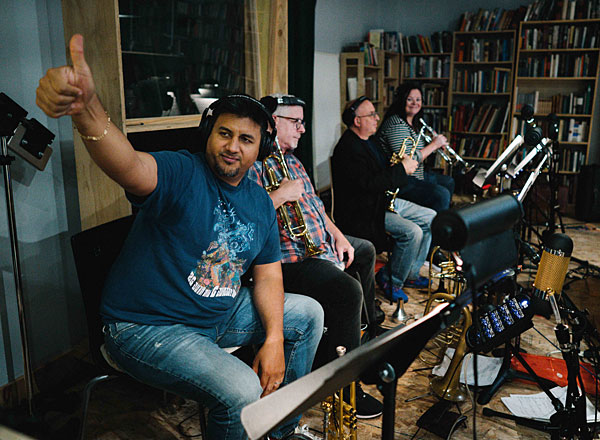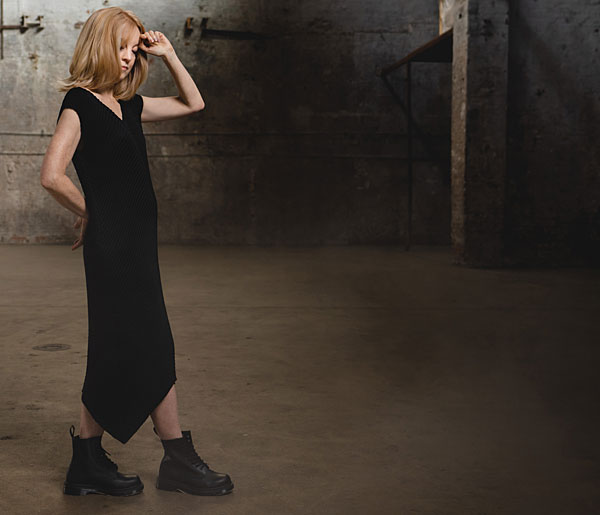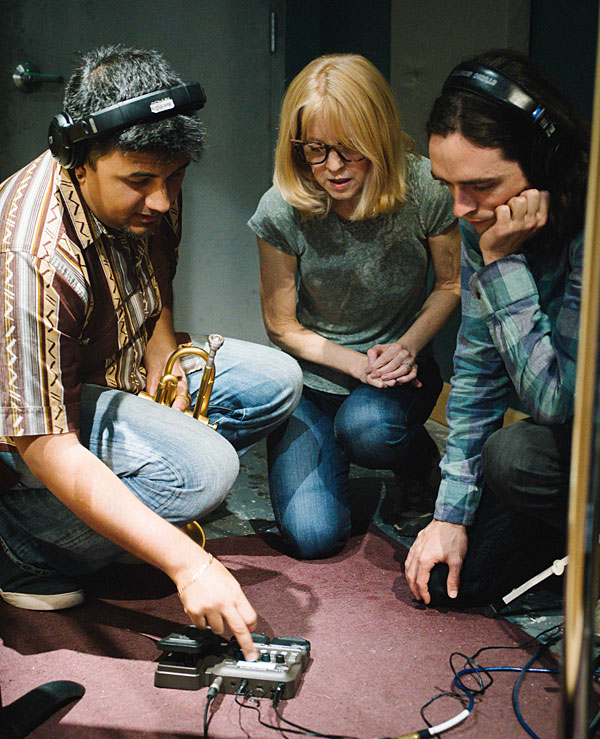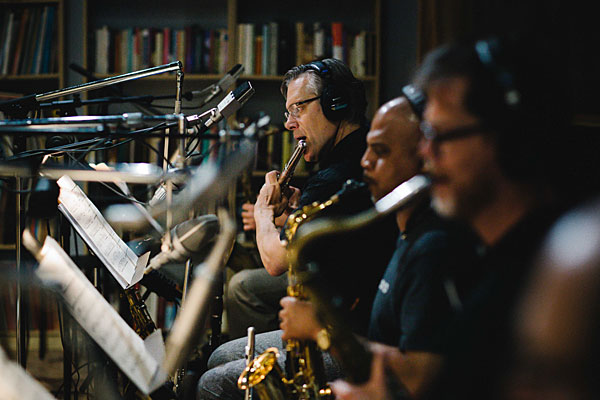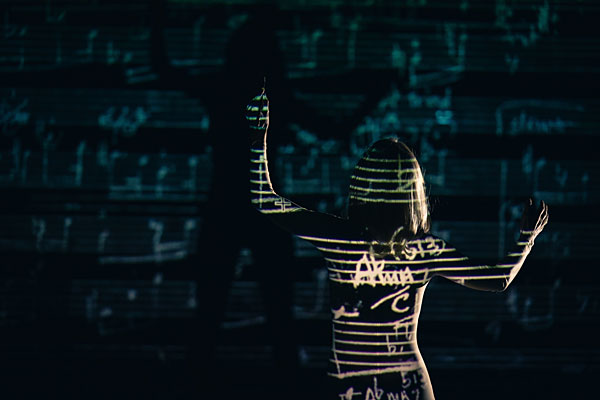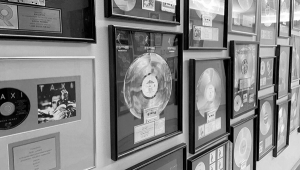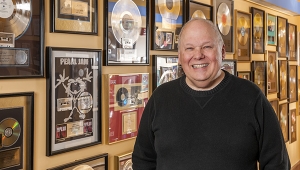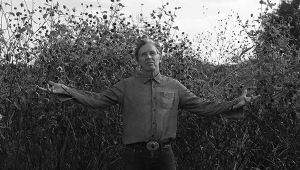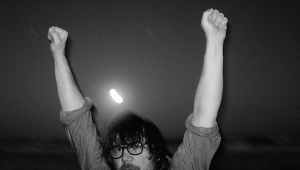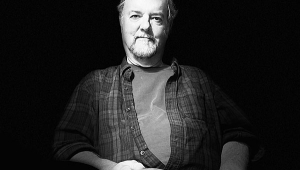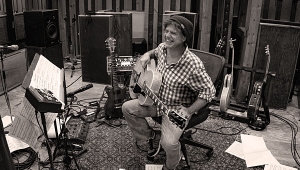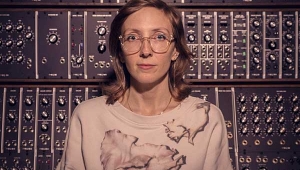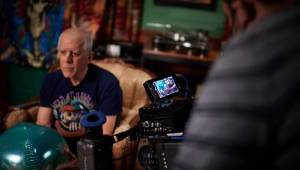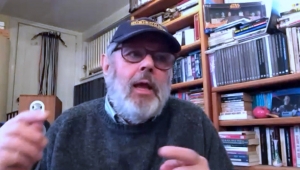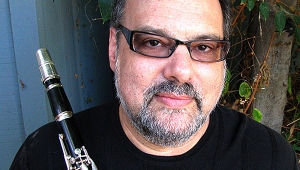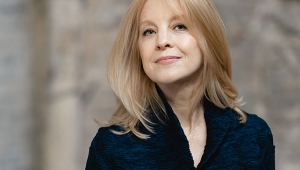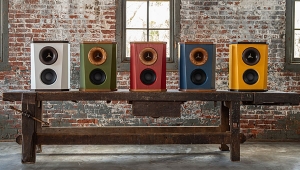| Columns Retired Columns & Blogs |
It is sad when tremendously talented people cannot make a decent living playing their music and being paid rightfully for it. Napster created a monster that still lives in just different formats. It is no different than the music labels who managed to find a way to keep most of the money earned from artistic talent.
Sadly when Joe Rogan can make $100 mil just talking and interviewing someone, all on the backs of artists to who make pennies a play is wrong on so many levels, but clearly a marketing effort made possible my the millions made for a company by music artists who are caught in the middle of hearing their music heard or not. AM and FM radio were more valuable than any of us thought back in the 50's, 60's and 70's.
Those would be great interviews if you can find any of those DJs still living and interview them and what their experiences were. Daddy O Daly who was a DJ in Chicago and a great friends with Ramsey Lewis, he was a great and generous friend to my late father ailing from Polio in 1952-1955. Hard for me to forget the impact radio had back in the day.
